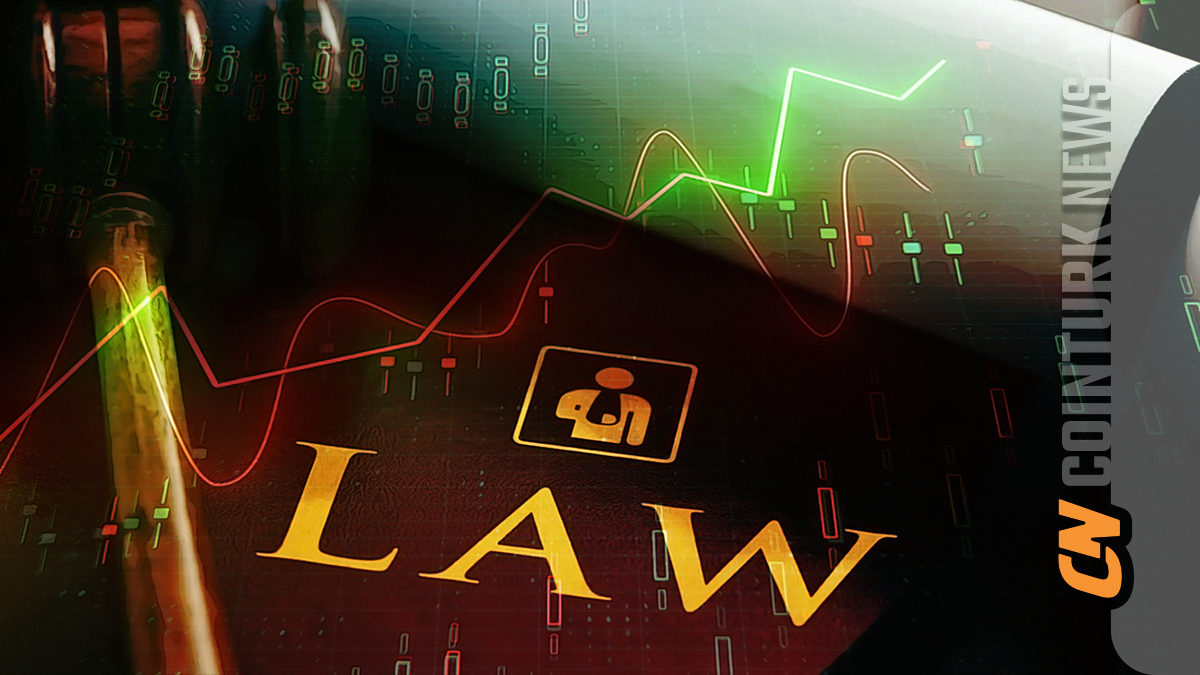Cryptocurrency markets are experiencing a negative trend due to numerous setbacks. BTC has lost its critical support level. Meanwhile, the U.S. Commodity Futures Trading Commission (CFTC) has just announced its case against Voyager. The U.S. FTC has also taken another step related to the same crypto venture.
Voyager (VGX) Comes to an End
Yes, the agreement between Voyager and the U.S. Federal Trade Commission was just announced. According to this agreement, Voyager will no longer be able to manage customer assets. In other words, the company’s life has come to a complete end. However, the VGX Coin price was at $0.11. The local token of Voyager, a bankrupt company that has been prevented from resuming services, has not lost value as expected.

Now, let’s talk about the case opened by the CFTC against the co-founder of Voyager. The Commodity Futures Trading Commission announced today that it has filed a complaint against the former Executive Chairman of the bankrupt Voyager Digital Ltd., Voyager Digital Holdings, Inc., and Voyager Digital companies in the U.S. Southern District of New York.
The complaint accuses the co-founder of being involved in a fraudulent operation connected to an unregistered commodity pool and alleges fraud and record-keeping violations.
Voyager Case
The case filed by the CFTC was an expected step. We are talking about a case that could set a precedent for other companies providing crypto custody services. One of the main focuses of the case is the promise of “risk-free or minimum-risk gains” made to customers and the advertising strategies built around it.
The filed lawsuit seeks compensation and permanent injunctions. CFTC Acting Director Ian McGinley said the following about the case:
“This is another CFTC action aimed at holding an executive accountable for the fraudulent operation of a crypto asset platform. Ehrlich and Voyager lied to Voyager customers. While declaring that they would handle customers’ crypto asset commodities safely and responsibly, behind the scenes, they took shockingly reckless risks with customers’ assets, leading to Voyager’s bankruptcy and significant customer losses. When things started to collapse, they continued to lie by hiding Voyager’s dire situation.”
As a small detail, CFTC’s definition of “commodity crypto assets” here is an important message to the SEC. CFTC opposes Gensler’s excessiveness by stating that many cryptocurrencies are commodities.

 Türkçe
Türkçe Español
Español








